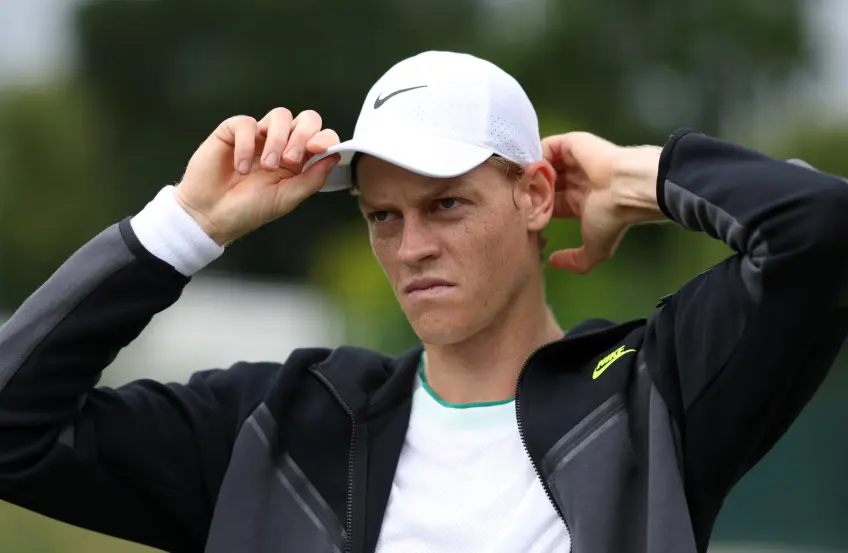Jannik Sinner can really write the story at the Wimbledon Championships
A new opportunity will be presented at Wimbledon, as well as (later) at the Us Open. Jannik Sinner can really write the story at the 2024 Wimbledon Championships, trying to conquer a record that only two tennis players have achieved in the Open Era.
Among these there are not the Big Three but not even players who have been protagonists in the major circuit in the last 30 years.
Jannik Sinner is in great shape
Jannik Sinner has the opportunity, after winning the first major tournament of his career, to try to win immediately another in the same calendar year: for almost all athletes, in history, it was a real taboo.
It may seem strange but the three greats of tennis in the last twenty years have not managed to catch this goal. Roger Federer started at Wimbledon 2003, winning again the following year (he did so on three occasions, in Melbourne, again in London and at the Us Open).
The same goes for Rafael Nadal, who triumphed only at Roland Garros in 2005: the Spaniard’s first brace was recorded only in 2008 with the French Open and Wimbledon. Novak Djokovic began his Grand Slam career at the Australian Open in 2008, but won three years later at Melbourne, Wimbledon and the Us Open for the first time.
Carlos Alcaraz didn’t break this record either, as his first Slam win came towards the end of the 2022 season at the US Open (he could only make his first brace of his career). Only two players made this feat in the Open Era: the American Jimmy Connors who in 1974 won three (Australian Open, Wimbledon and Us Open) and the Argentine Guillermo Vilas, able to unlock itself in 1977 at Roland Garros and then to impose itself also to the Us Open the same year.
In the history of tennis, however, there were other tennis players who achieved this interesting goal. But of course it was a different era. Bill Tiden (1920), René Lacoste (1925), Fred Perry (1934), Ken Rosewall (1953), Roy Emerson (1961) and John Newcombe (1967) were present.
